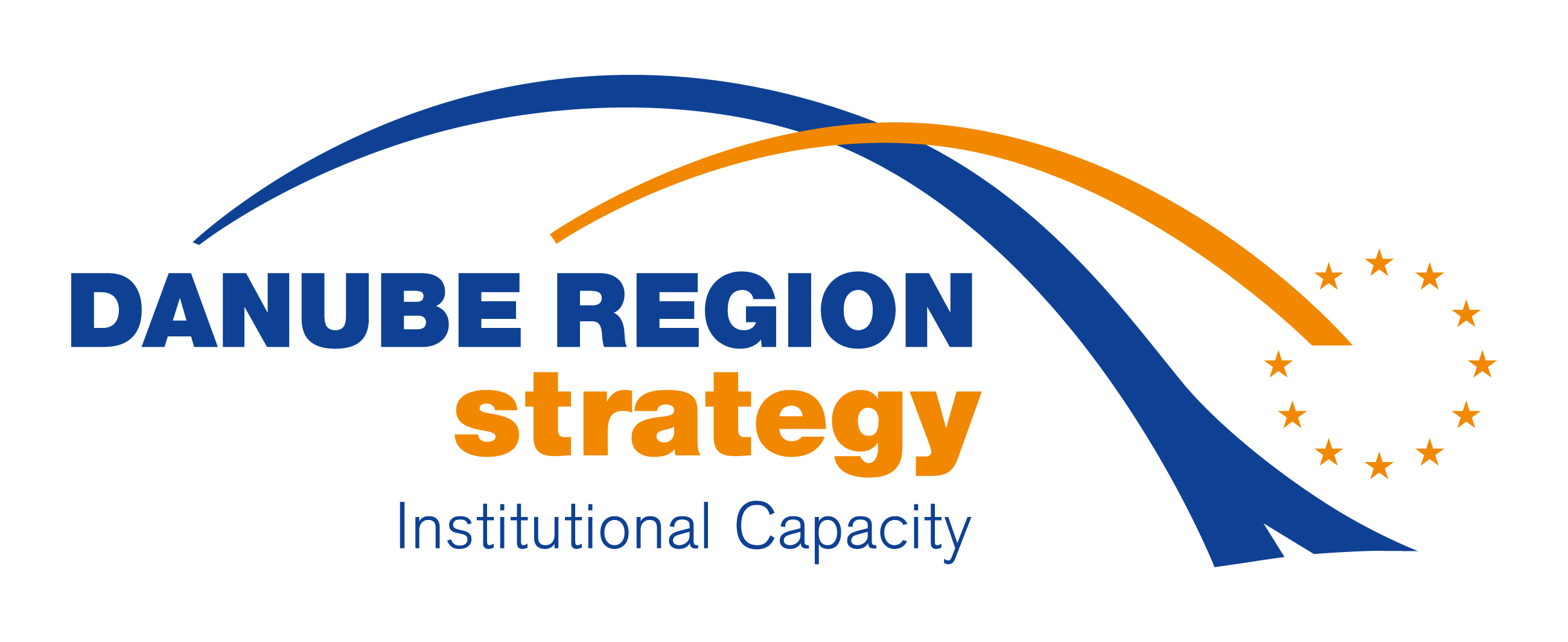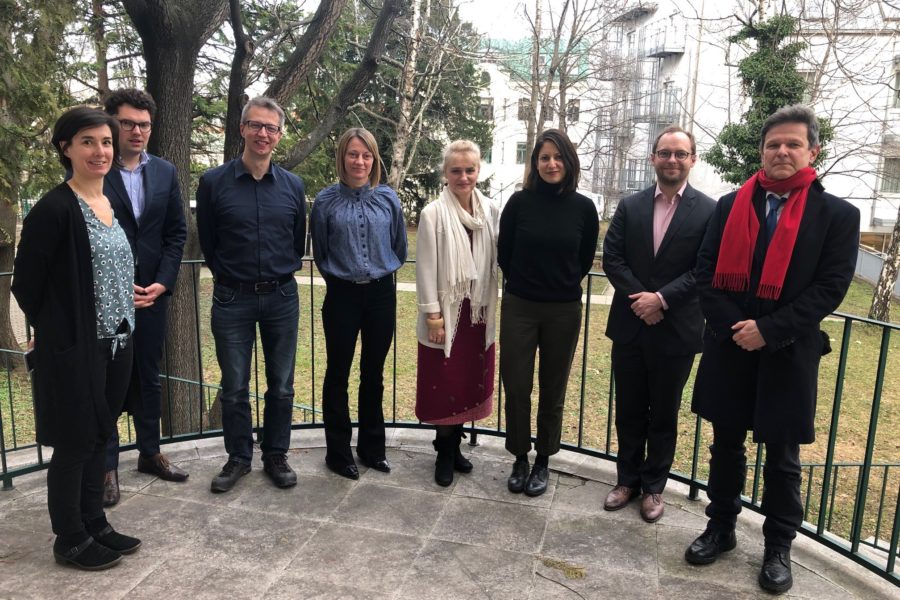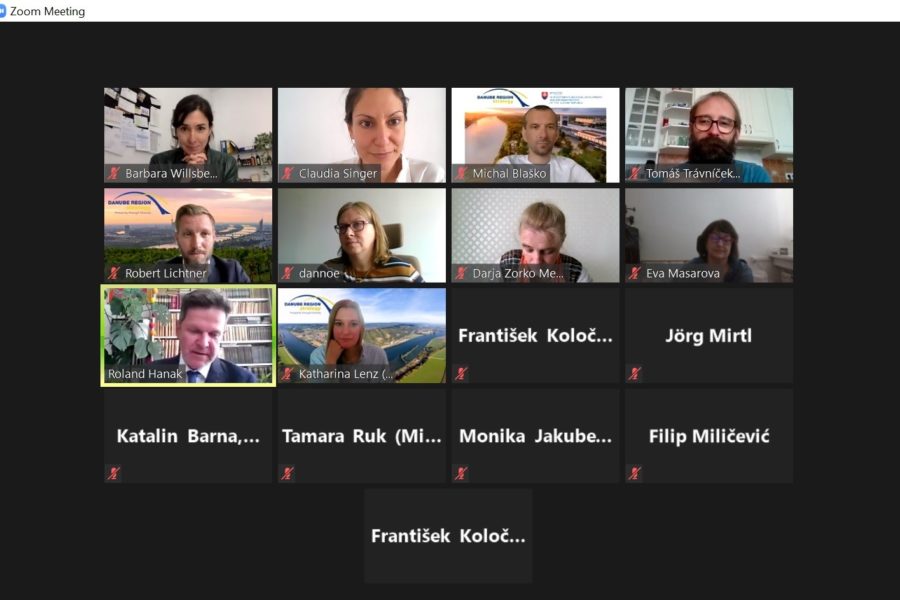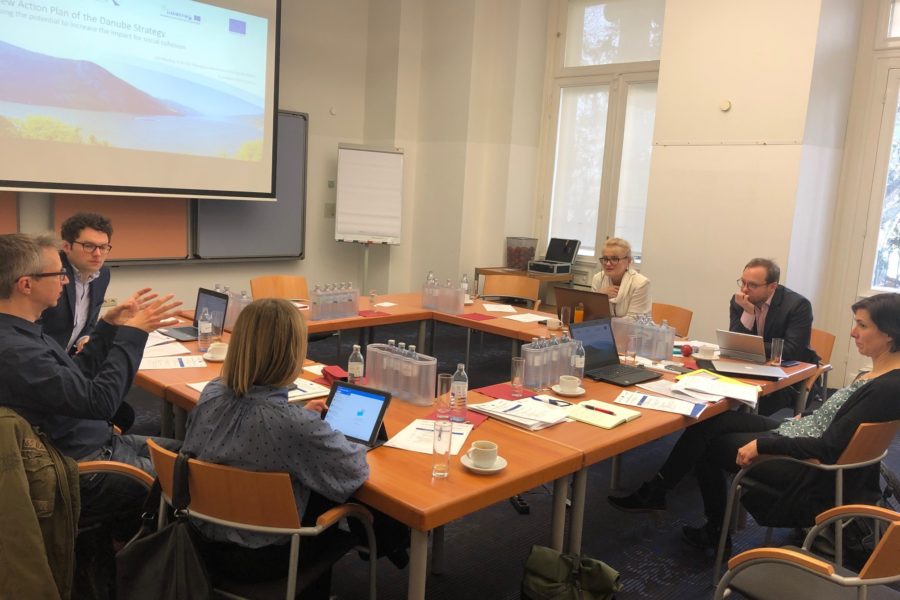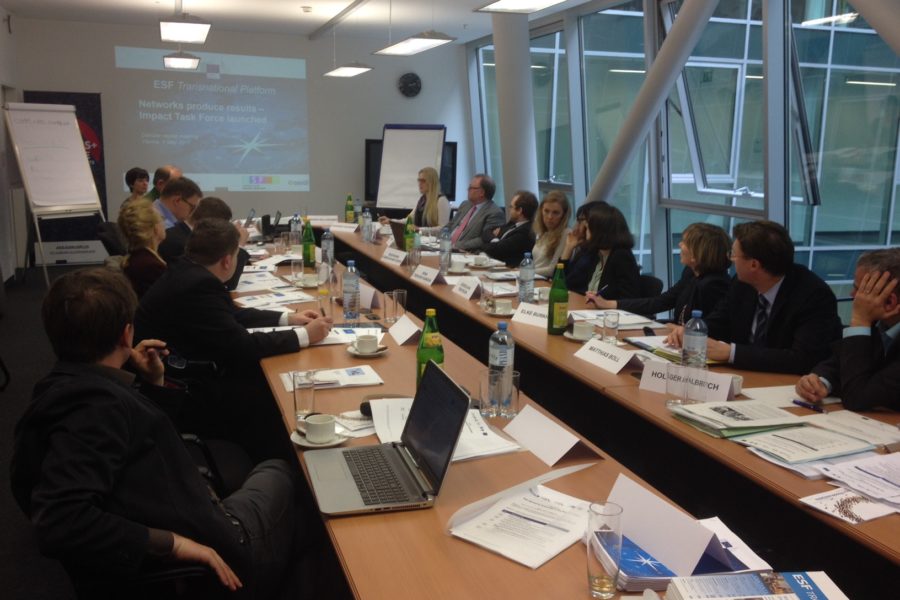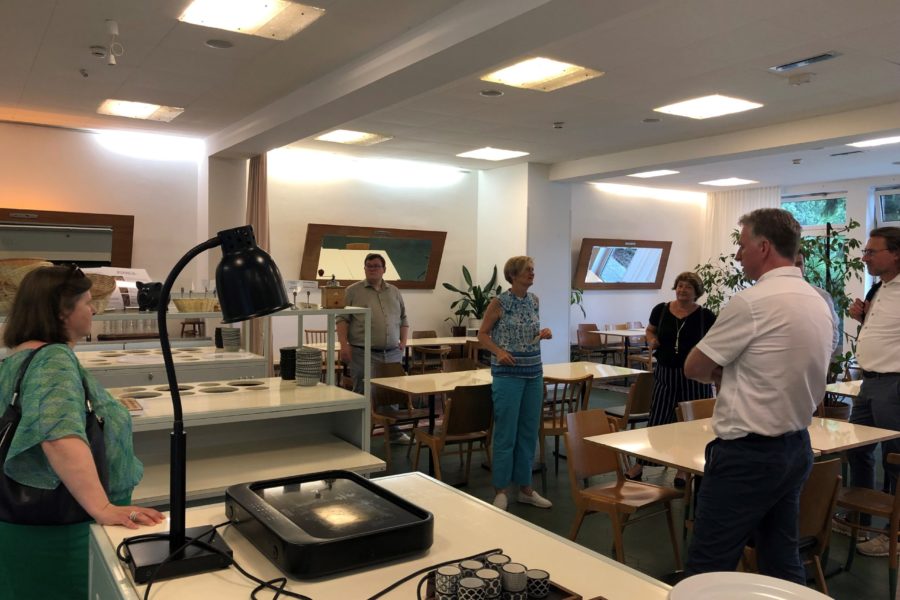The ESF Managing Authorities Network in the Danube Region aims at strengthening cooperation and coordination between ESF+ Programmes and the EU Danube Strategy. Thereby, the network wants to achieve a greater positive impact on social cohesion in the Danube Region.
The network is organised by PAC9 “People and Skills” and PAC10 “Institutional Capacity” together with the ESF Managing Authorities in the Danube Region and other partners (e.g. DG EMPL).
Since 2015, the network works together to build capacities for transnational programme implementation and to promote state of the art social policies in the following areas:
- Labour Market Policy
- Governance
- Social Inclusion
In doing so, the ESF Network takes into account macro-regional dynamics and interdependencies in the Danube Region and aims at building up competent and viable transnational partnerships.
The ESF Network is a community of practice. Our aim is to increase the positive impact of social policy investement in accordance with the objectives of the EU Danube Strategy. Against this background, the network serves as a platform for peers to exchange on implementing transnational cooperation through the ESF Programmes. Furthermore, the network explores opportunities for transnational project cooperation. Thereby, the network is in close exchange with the European Commission (DG EMPL) and other macro-regional Managing Authorities networks.
The cooperation in the ESF Network is based on a vision jointly developed by the ESF Managing Authorities and Priority Area 9 “People and Skills” and Priority Area 10 “Institutional Capacity and Cooperation” of the EU Danube Strategy.
Our vision addresses the following objectives:
How was the ESF Network established?
The ESF Managing Authorities Network was established following the Meeting of Ministers in charge of EU funds at the margins of the EUSDR Annual Forum in Ulm, Germany in 2015.
Ever since, the network has gradually and systematically gained in maturity. The network addresses various topics ranging from the discussion of concrete projects to challenges and opportunities in the implementation of transnational cooperation within the European Social Fund (ESF). Furthermore, the network identified common topics for transnational cooperation and, subsequently, elaborated a joint text module related to the EUSDR/transnational cooperation in the upcoming multi-annual financing framework for 2021-27.
Since 2017, PAC9 “People and Skills” and PAC10 10 “Institutional Capacity” took on the role of a network secretariat.
The meetings are chaired by the Managing Authorities.
The ESF network is the first network of ESIF Managing Authorities in the Danube Region.
